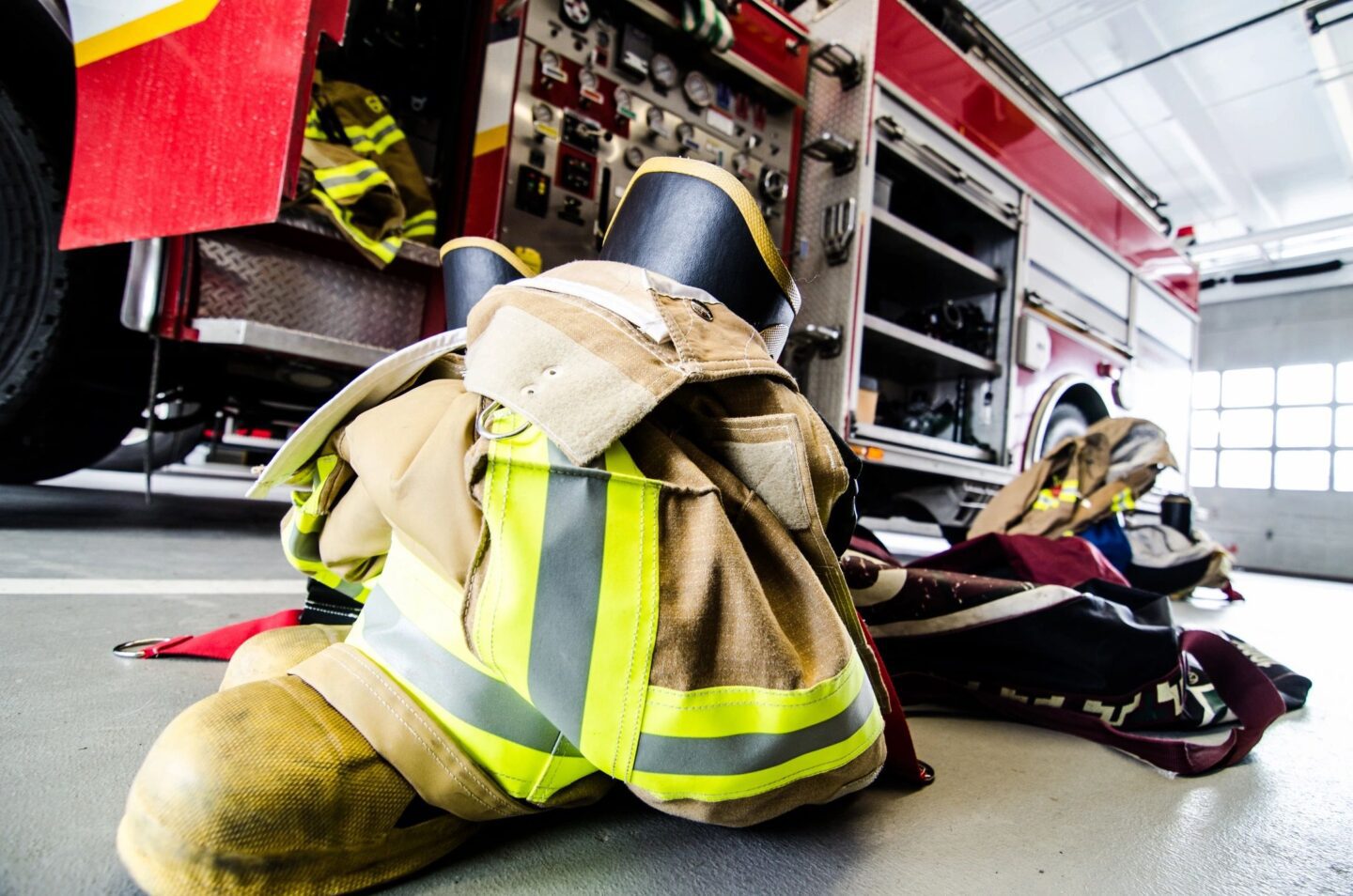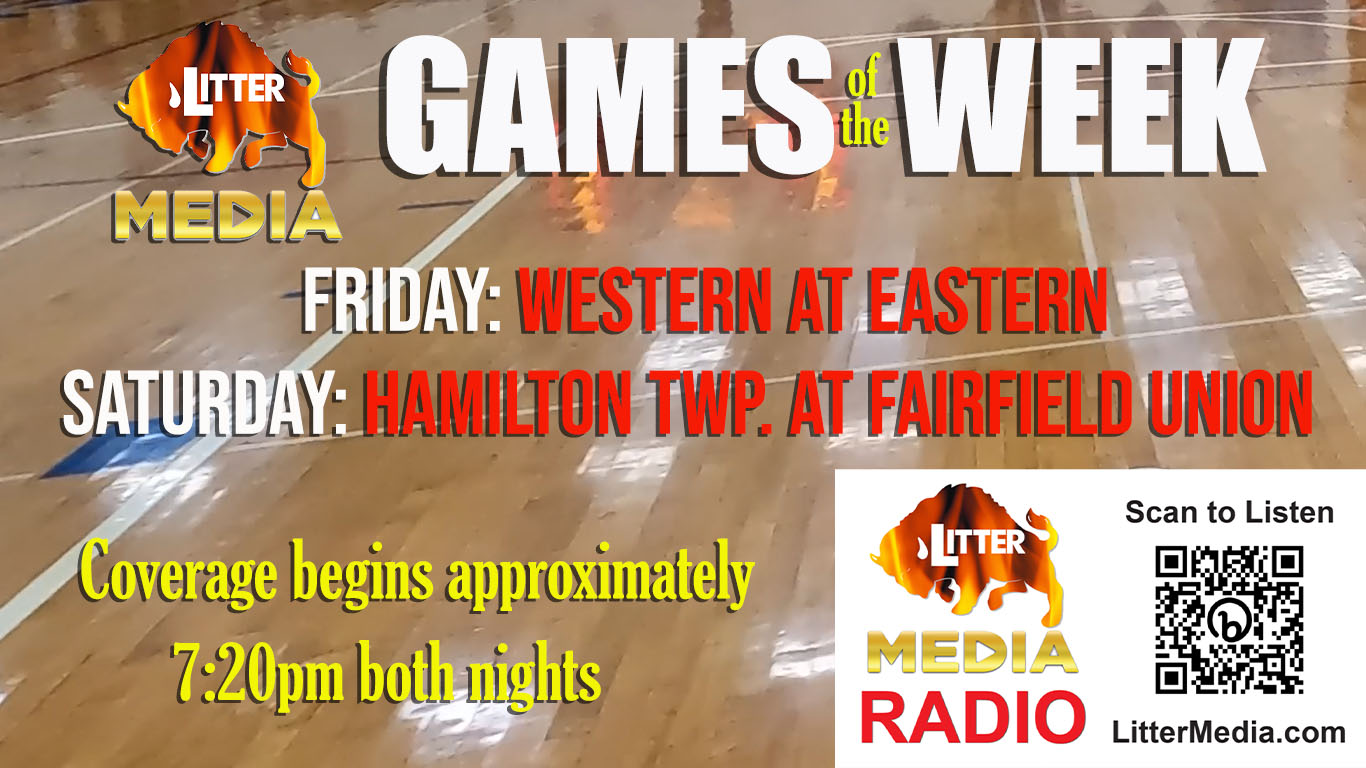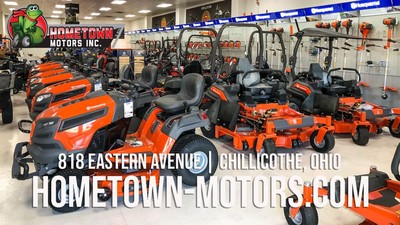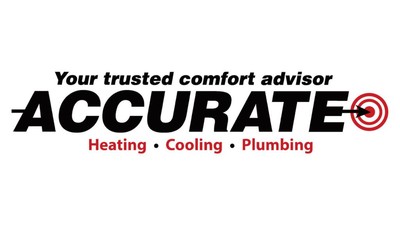
State Fire Marshal Offers Tips For Home Heating Safety
Presented By Scioto Valley Dumpsters, LTD
(Columbus) –Winter weather has finally arrived and with it comes the dangers of safely heating the home. Since more than half of all home heating fires occur in these winter months, state officials urge Ohioans to keep loved ones safe this winter with these helpful tips from the Ohio Department of Commerce Division of State Fire Marshal and Manufactured Home Program.
State Fire Marshal Kevin S. Reardon is asking all residents to make sure their homes are fire safe. Many fire incidents during this time of the year are preventable as long as Ohioans take the right precautions.
“It may be tempting to use alternative heating right now, but it is also important to do so safely,” said Reardon. “The use of alternative heating sources can greatly increase the chance of a fire occurring. By following some basic safety tips, you can keep yourself and your family safe during this winter weather.”
In addition to suggestions for alternative heating safety, the State Fire Marshal’s office offers these tips:
Heating Safety
- Use kerosene heaters and space heaters according to the manufacturer’s instructions.
- Alternative heat sources need their space. Keep anything combustible at least three feet away.
- Make sure your alternative heat sources have ‘tip switches’ These are designed to automatically turn off the heater in the event they tip over.
- Do not use your kitchen’s oven or range to heat your home. In addition to being a fire hazard, it can be a source of toxic fumes.
- Never refill a space heater while it is operating or still hot.
- Refuel heaters outdoors.
- Make sure wood stoves are properly installed, and at least three feet away from anything that could burn. Ensure they have the proper floor support and adequate ventilation.
- Be careful when using candles. Keep the flame away from combustible objects and out of the reach of children.
- Make certain that your home’s smoke alarms are in proper working order.
- Smoke alarms should be installed on every level of your home and inside and outside of sleeping areas.
- All smoke alarms should be tested monthly, and batteries replaced at least twice a year.
- If you have elderly or disable neighbors, check on them regularly. Offer to test their smoke alarms and inspect their homes for fire hazards.
- Have a fire escape plan that includes two ways out and a designated meeting place for family members once they are outside the home.
- If there is a fire hydrant near your home, keep it clear of snow, ice and debris for easy access by the fire department.
Manufactured homeowners have some additional preparations for winter weather to maintain a safe place for their loved ones during the colder months.
“Because a majority of manufactured homes use vinyl skirting, it is very important that the skirting is always maintained and in good working order. Missing or damaged skirting can cause many problems and cost the homeowner hundreds of dollars in heating or plumbing bills,” said Gary Whitaker, investigator for the Division of Industrial Compliance.
Additional tips for manufactured homeowners during the winter include:
- Check the underbelly/bottom board of the home for rips or tears. If there are rips or tears and there is a loss of insulation, repair using products approved for use with manufactured homes either in the product’s information or in the manufacturer’s installation instructions for the home.
- Check the skirting around the home to make sure it is intact and undamaged. Various events can cause damage to the skirting of the home (e.g., animals, yard work, weather), which can allow cold air to reach the underbelly/bottom board of the home and increase the risk of a home’s pipes freezing during cold temperatures.
- Check water pipes for adequate electrical heat tape, which helps prevent your pipes from freezing in cold temperatures.
- Make sure nothing (e.g., furniture, paper, etc.) is covering/blocking your heating vents.
- Use draft stoppers to keep gusts of cold air from slipping in beneath your doors. You can buy them at a hardware store or create your own by filling a fabric tube with newspaper or simply using a rolled-up towel or blanket.
- Consider adding curtains/blinds in front of doors or windows.
- Check electrical outlets that can let heat escape your home, especially if cracked. To prevent warm air from leaking through your electrical outlets, turn off the electricity to the outlet, remove the electrical plates, and reseal the insides with caulk to keep warm air indoors.
You can call the Manufactured Homes Program at 1-800-686-1526 or visit com.ohio.gov/MH.aspx if you have questions and concerns. Additional safety tips are available from the State Fire Marshal’s Office at com.ohio.gov/fire.


























